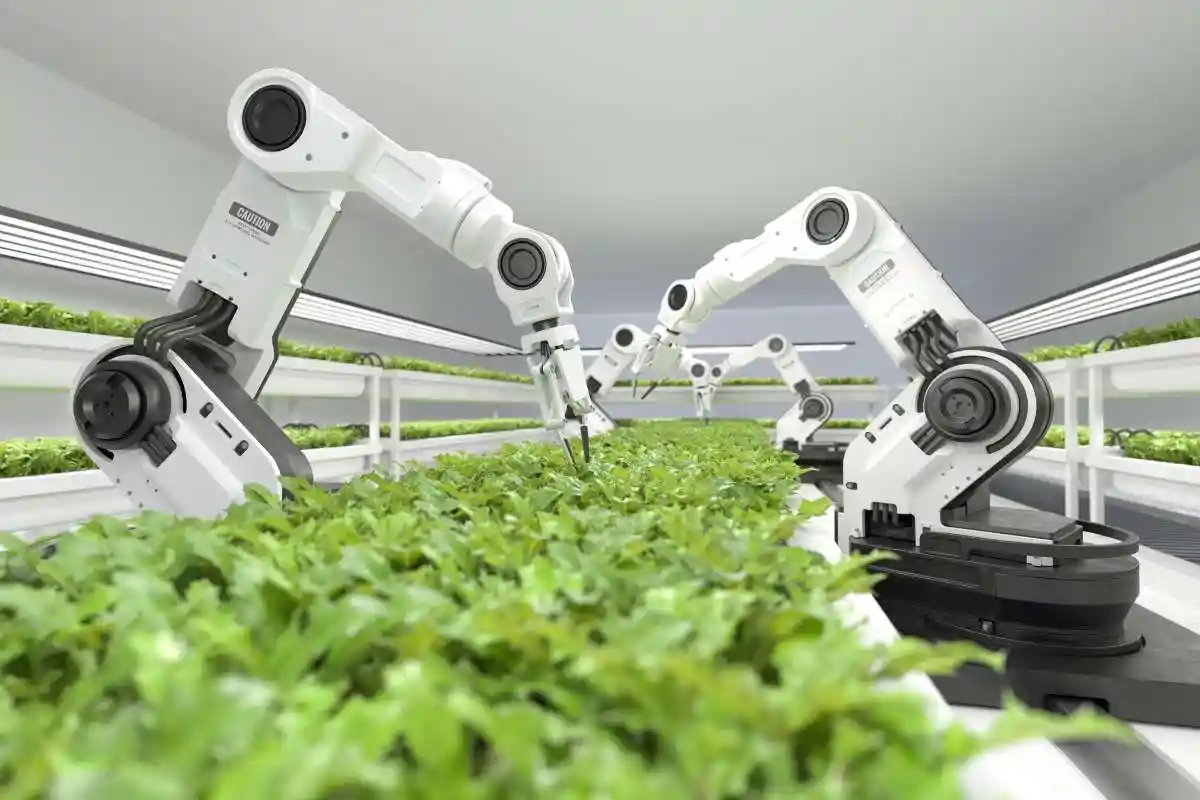
Feeding a growing global population is one of the most urgent challenges of our time. Agriculture is central to meeting this need, yet it faces major pressures from climate change, shrinking arable land, and limited resources. Artificial Intelligence (AI) provides new tools to respond to these challenges. By improving farming practices, predicting crop diseases, and managing resources more efficiently, AI helps increase food production while reducing waste and environmental impact. It supports farmers, boosts productivity, and strengthens agriculture’s ability to adapt to a changing world. Understanding AI’s role in agriculture is essential for building a sustainable future for everyone.
This course explains the immense potential of AI in transforming agricultural practices. By the end of this lesson, you will:
These insights will help you understand how AI, agriculture, and sustainability are connected.
To get the most from this course, watch the video closely and think about the concepts presented. Pay attention to the examples showing how AI is used in agriculture and the benefits and challenges it brings. Take notes on key points, especially how AI tools help address food security and climate adaptation. Consider how these ideas relate to the global food system. After the video, you will take a short quiz to reinforce your understanding, so focus on how AI technologies connect to farming practices and sustainable solutions.
Click the button to take the quiz and get your credit.